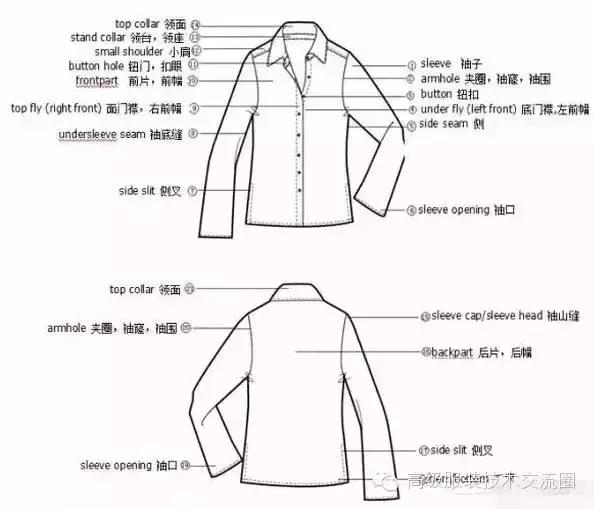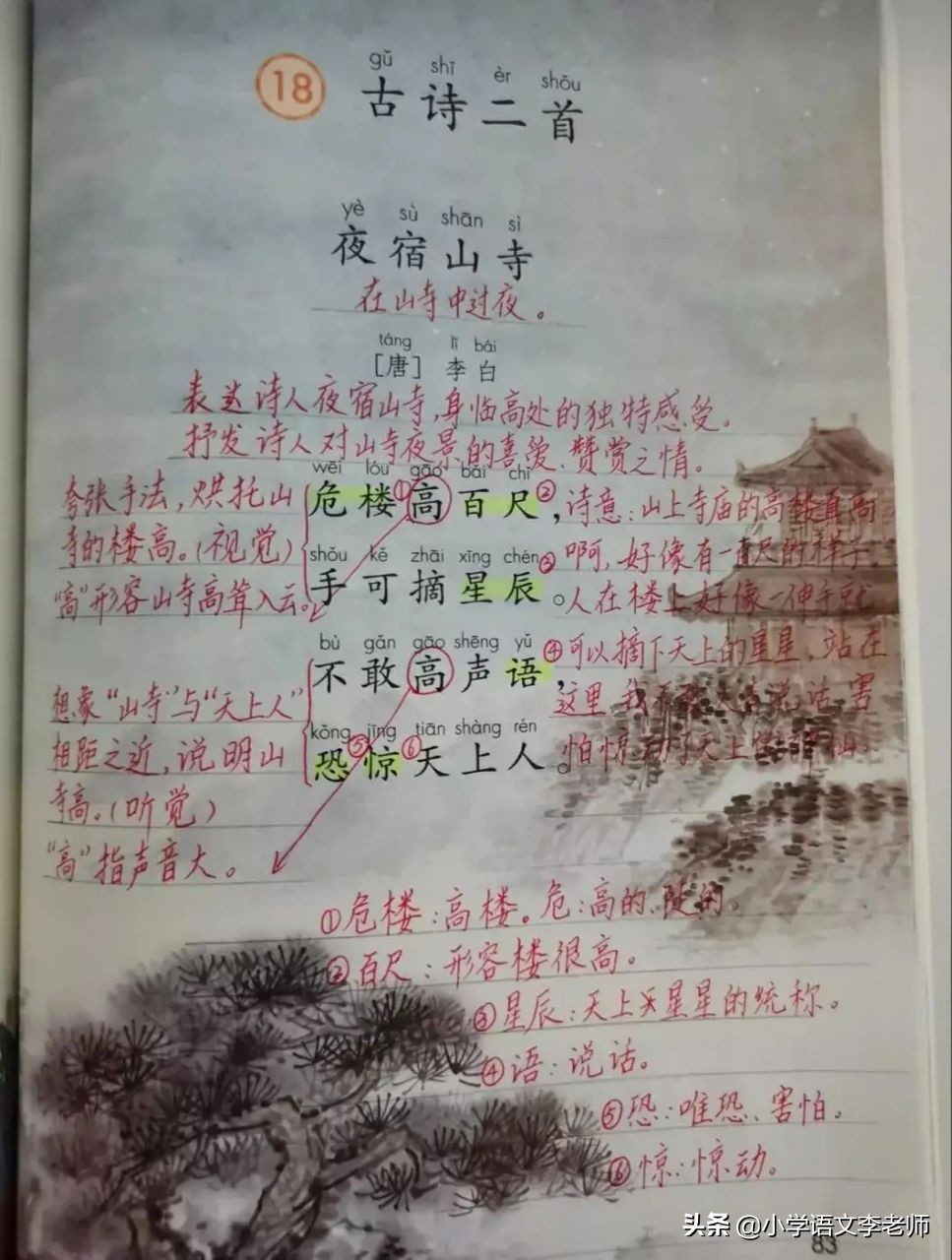当我们用英语指代人时,通常会使用person、persons、people三个单词。对这三个单词,许多人有这样的认识:
- person 是单数,表示一个人
- persons是复数,表述许多人 = people
但事实真的如此吗? persons=people吗? a people person又是什么呢?
person的确指代单个人,所以前面必须加冠词a或the
例如:
- He is a very determined person. 他是个很有决心的人。
- Who was the first person to swim the English Channel? 游过英吉利海峡的第一人是谁?
然而,persons 却不能等同于people
Person是person的复数,表述许多人,但这是一个非常正式的词汇,只会出现在比较正式的法律文书里面。
例如:
- Four persons have been charged with the murder. 4人被控犯有谋杀罪。
- Any person or persons found in possession of illegal substances will be prosecuted. 任何被发现持有非法物品的人将会被起诉
如果指通常意义上的一群人,我们使用people
- I saw three people standing on the corner. 我看见三个人站在角落里。
- 错误用法:
I saw three personsstanding on the corner.
- Three people were interviewed for the job, but only one person was recruited. 三个人参加了这份工作的面试,但只有一个人被聘用了。
- 错误用法:
Three persons

当然,person还有几个常用的用法:
in person:亲自,本人
- If you can't be there in person, the next best thing is watching it on TV. 如果你不能亲自到场的话,在电视上观看就是退而求其次的选择了。
-person作为后缀,表示从事某项工作的人
-person作为后缀常用来代替以 -man 和 -woman 结尾的名词,以避免不必要提及性别
- spokesperson 发言人 ( spokesman 或 spokeswoman)
- chairperson 主席(chairman 或 chairwoman)
a missing person:始终人员
- He was reported as a missing person to the police. 他作为失踪人员被报告给了警方。
a people person:一个外向的,喜欢并擅长与人交际的人
英语 雅思考试 考研 托福 教育






暂无评论
发表评论